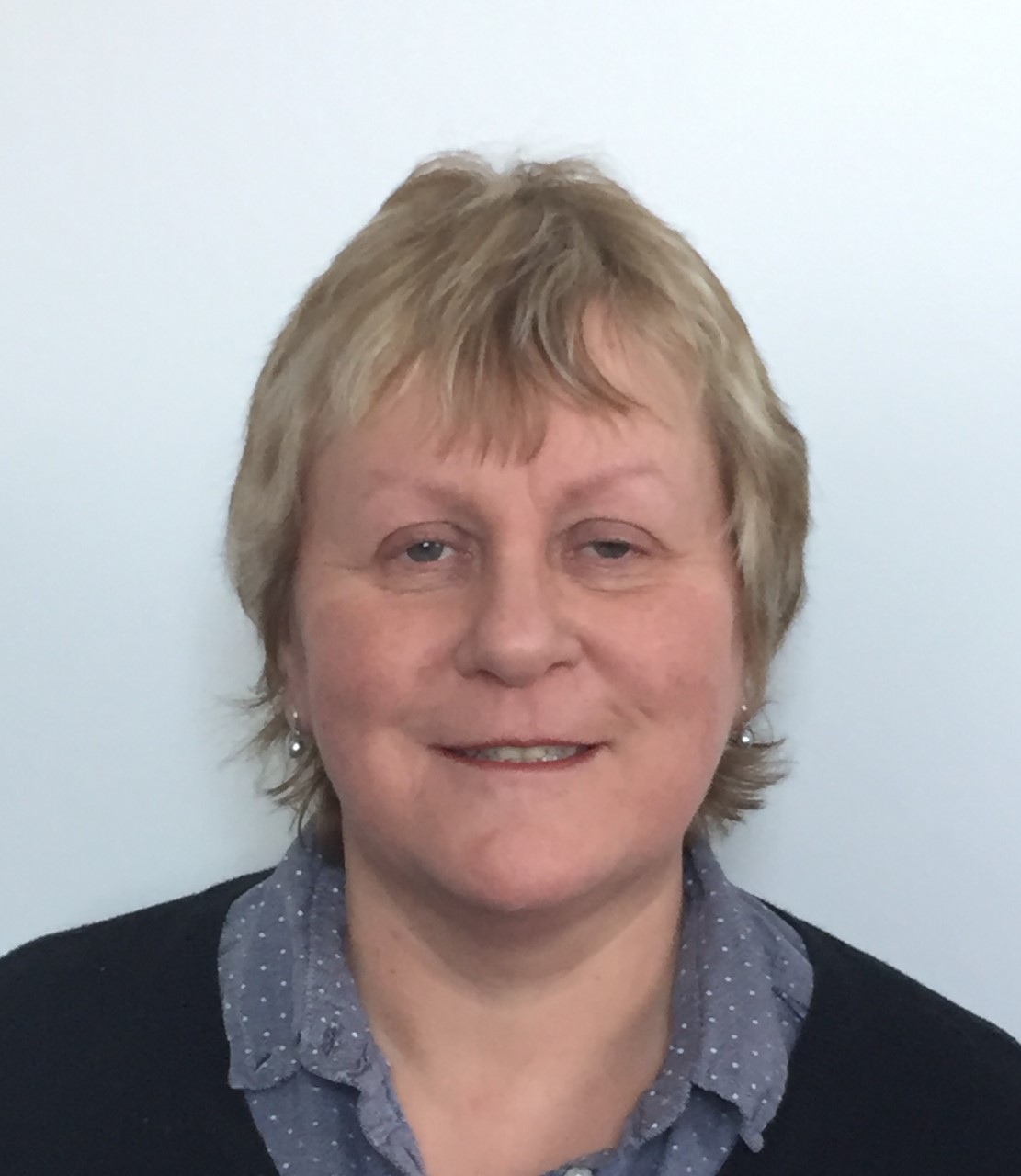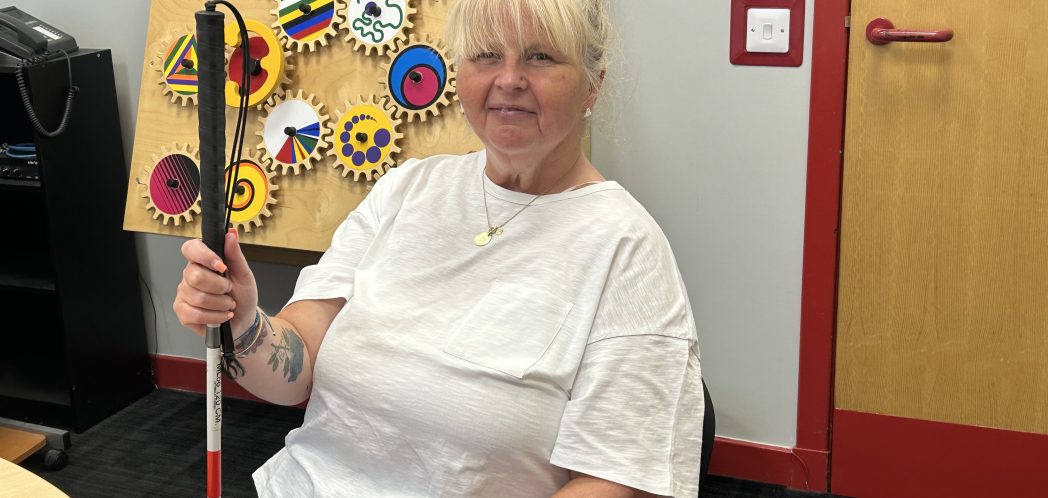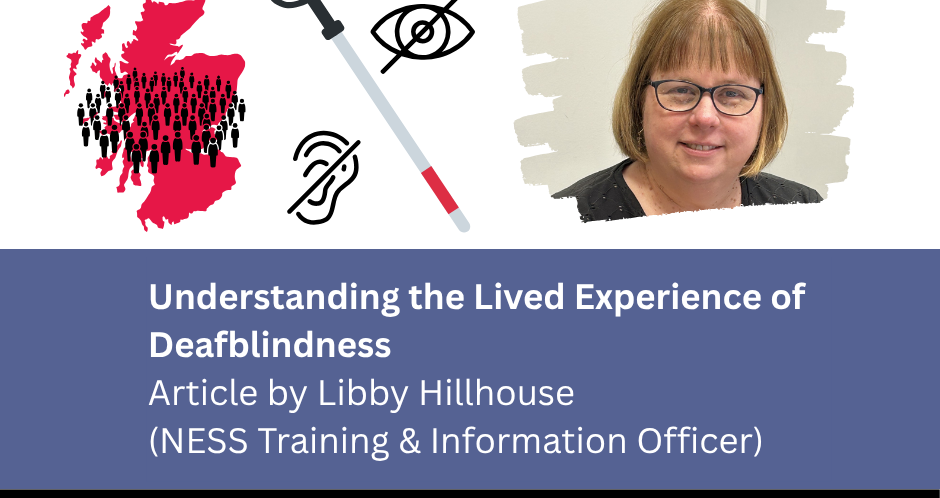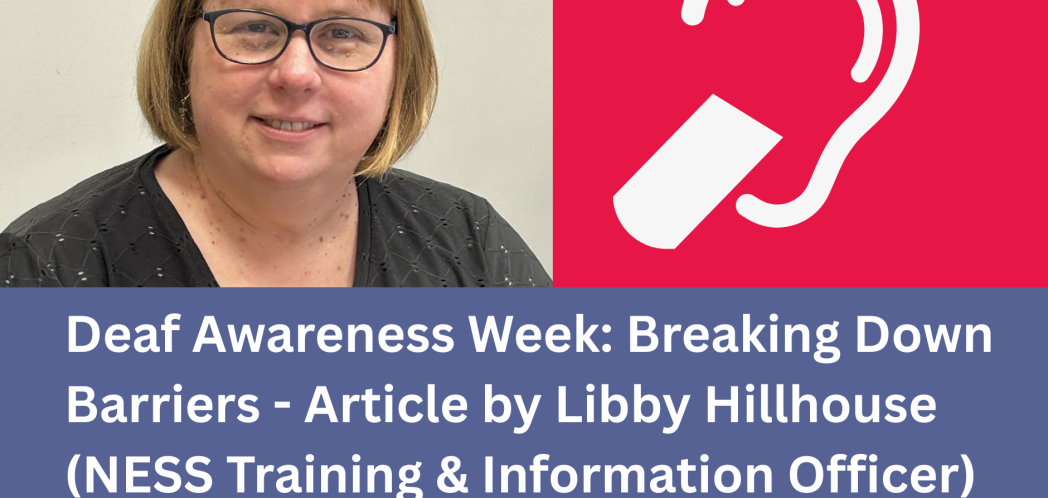Dr Beth Hannah, Reader in Educational Psychology, School of Humanities, Social Sciences and Law, University of Dundee, was commissioned by North East Sensory Services (NESS) to undertake a project to scope out and identify the feasibility of developing a Young People’s Sensory Service (YPSS) in the Dundee area.
At the outset, Dr Hannah set up a Reference Group involving young people with a sensory loss; parents/carers of children and young people with a sensory loss; representatives from statutory services and third sector organisations for children and young people with a sensory loss; representatives from NESS; and representatives from the YPSS in Aberdeen and Moray. The aim of establishing this group was to ensure that potential users of a YPSS in Dundee were involved at all stages of the scoping and feasibility study.
Dr Hannah scoped out current provision in the Dundee area and gathered invaluable information from professionals, parents/carers and children/young people through surveys and focus groups.
Key findings were:
- Limited range of activities for children and young people with a sensory loss in the Dundee area and more opportunities would be welcomed.
- Facilitators and barriers to accessing activities in the community (e.g., communication barriers, need for adult support).
- Range of activities which children take part in (e.g., musical activities, arts activities, horse riding, going for walks in the park with family members, parent and young children’s groups, monthly get togethers after school for secondary aged pupils) and enjoy (e.g. outdoor games, arts activities, horse riding, hill walking, biking, basketball)
- To identify activities to offer children and young people with a sensory loss it is important to seek their views and offer taster sessions.
- Range of perceived benefits for children and young people with a sensory loss engaging in activities with other children and young people with a sensory loss including: develop friendships; become more confident; become more independent; improvement in social skills; reduction in feelings of isolation; and develop a stronger sense of identity.
- Importance of being cognisant of the wider family context and the perceived benefits of involving family members in activities.
The key findings and recommendations have been shared with the NESS board which has agreed to use this evidence to inform its planning and service design in 2023.
Dr Hannah would like to express her appreciation to all who helped make this project possible. This includes NESS for funding the project; members of the Reference Group for their support and guidance; those involved in the recruitment process; those involved in organizing the focus groups; facilitators in the focus groups; the BSL Interpreter in the focus groups; those involved in the production of BSL versions of the questionnaires; and all the children and young people, parents/carers, professionals and volunteers who took part.




